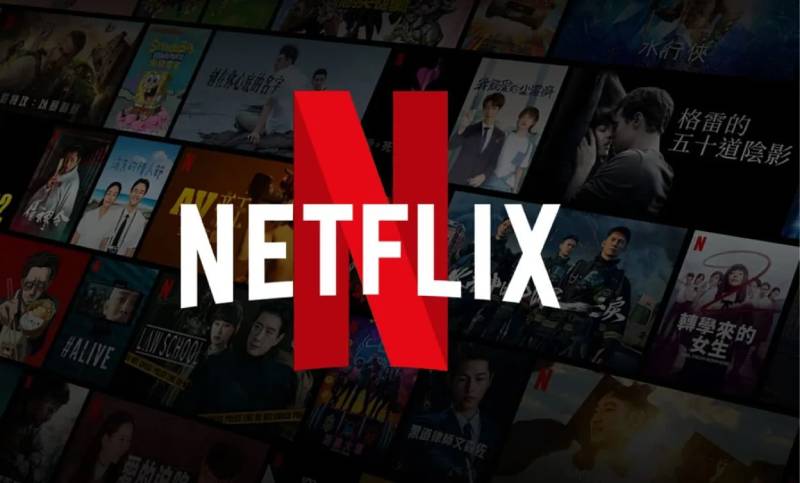The news of Netflix raising its subscription prices might not have come as a shock to many. In the wake of recent writers’ strikes, the streaming giant, along with other streaming services, has announced its intent to increase subscription fees. Such price hikes are not uncommon in the world of subscription services. However, there’s more to the story; the entertainment industry thrives on intricate partnerships, encompassing studios, streaming platforms, actors, writers, directors, and special effects studios. Each of these relationships plays a delicate role in the larger entertainment landscape.
Yet, there’s a group that feels aggrieved and is preparing to hit you where it hurts – your wallet.
The six-month-long writers’ strike put many in dire financial straits, and its impact rippled through the industry despite attempts by unions to negotiate with studio heads. Even as CEOs criticized the strike as “greedy” and the demands as “unrealistic,” writers were merely trying to earn fair compensation for their creative contributions. CNBC noted that in the realm of streaming, this was an equitable deal:
“This is a great deal for writers and includes various updates that should have been implemented from the start. The studios eventually acquiesced to these demands, something they could have done much earlier.”
So, writers are getting a larger slice of the pie, a deal that will cost studios a collective $223 million annually for the next three years. For those well-versed in the economics of movies and residuals, this is a small dent in the studio system’s finances. However, studios and streaming services are now singing a tune of financial hardship.
Inside The Magic pointed out that when all factors are considered, streaming giants like Netflix will experience a mere 0.02% increase in their out-of-pocket expenses. Nevertheless, they are pointing fingers at the WGA and SAG-AFTRA for this “massive” profit loss. Netflix contends that due to new residual policies and payment agreements, viewers will have to shell out more to maintain the “expected quality content.”
But the writers are merely seeking what is rightfully theirs, asking for no more than their fair share in light of industry changes and inflationary pressures. The question is whether the average consumer will comprehend this. Thanks to the lengthy strike, we gained insight into how writers and actors were treated within the streaming system.
Prominent actors from beloved shows, which we have followed for years, received zero residuals, and creators were handed a single check and told to move on. With the rise of streaming and on-demand content, change was overdue. It’s unfortunate that it took streaming platforms so long to realize this.
However, does this make it the fault of the WGA? Certainly not. They are simply seeking fair compensation, which trickles down to the viewers having to pay more. The balance of power remains firmly in the hands of studios, and the writers will return to their craft. Industries evolve, and it’s crucial for industry leaders to recognize that unions exist for these very reasons. Yet, this doesn’t warrant viewers’ anger directed at the very individuals who create the content.
Consider this: You’ve effectively dismantled cable television. What’s the next step? Well, odds are you recognize that you hold all the cards and that the game is rigged, so why not sit down and deal the cards as you please? That’s precisely what Netflix is doing. Despite their frustrations with the WGA and SAG-AFTRA’s demands for increased compensation, Netflix has consistently raised its subscription rates every year since 2017. Every year – that’s 365 days if they can manage it. Moreover, they are soon adopting a tiered system similar to other streaming platforms like Disney+ and Prime Video, which, at its lowest tier, includes advertisements.
This means that despite the price hikes, streaming platforms are now generating additional revenue through ads that are displayed much like they are on traditional cable television. Consequently, viewers find themselves watching more ads, experiencing less content diversity, and being told they must pay more due to writers’ purported greed. It’s beginning to feel excessive.
So, what can you do about these rising prices? Your options are limited: you can cancel your streaming subscriptions or simply accept the increased costs. With cable slowly fading away, there are few alternatives currently available. While numerous streaming services exist, their fragmented nature means content isn’t easily shared, and each one has vowed to raise prices. At this point, you’re somewhat trapped, and you’re being encouraged to direct your frustration at the very creators of the content you enjoy.
Topics #netfix #price hike #streaming platform #studios





